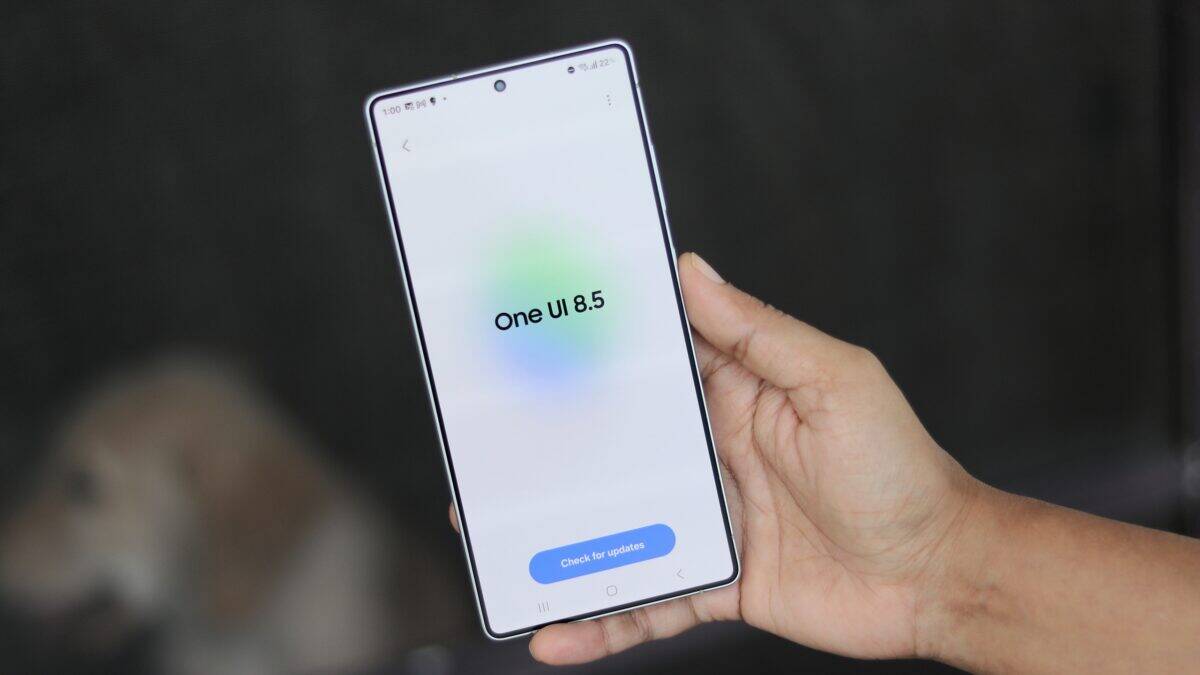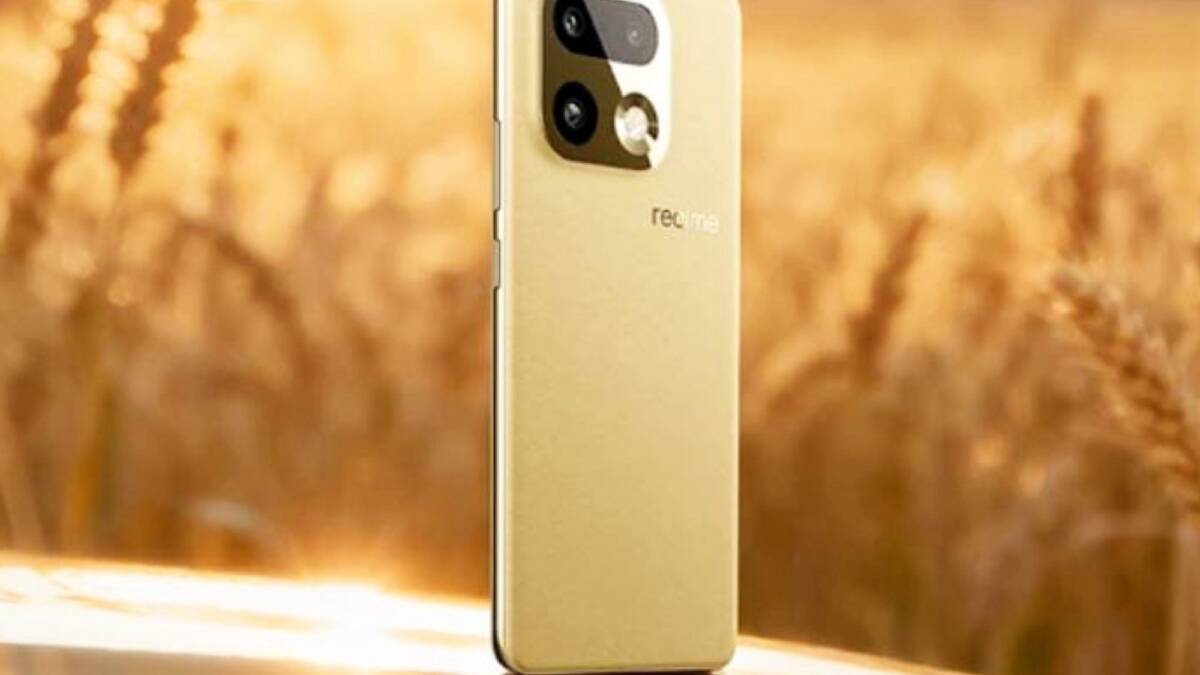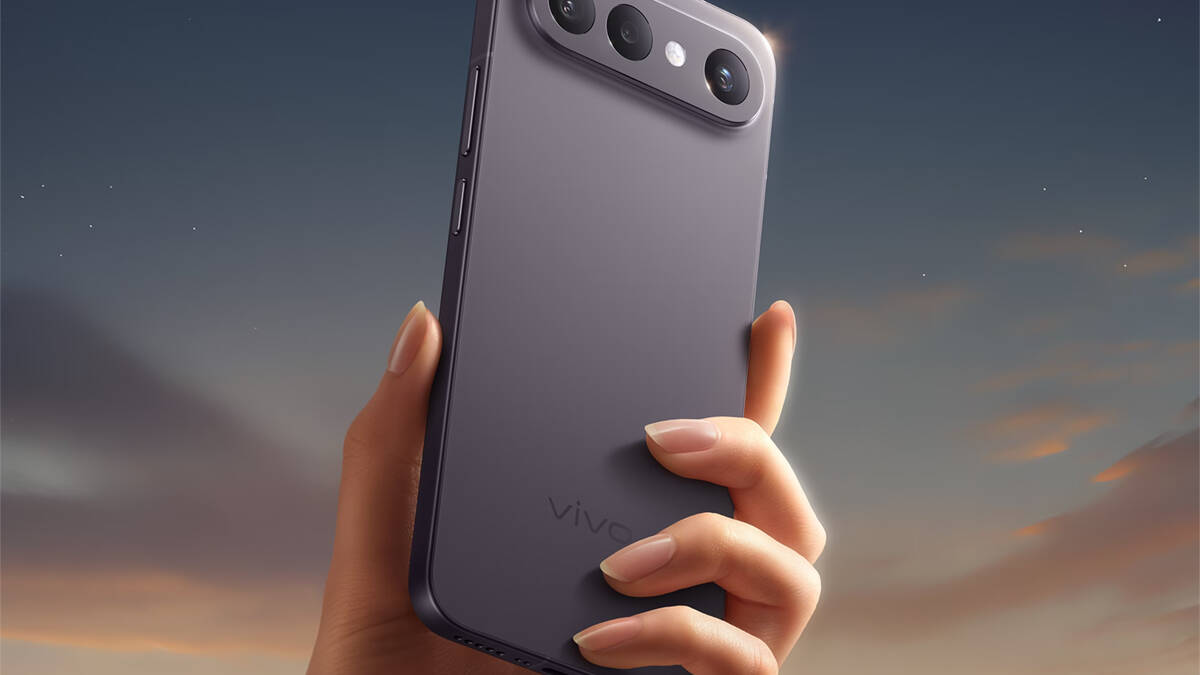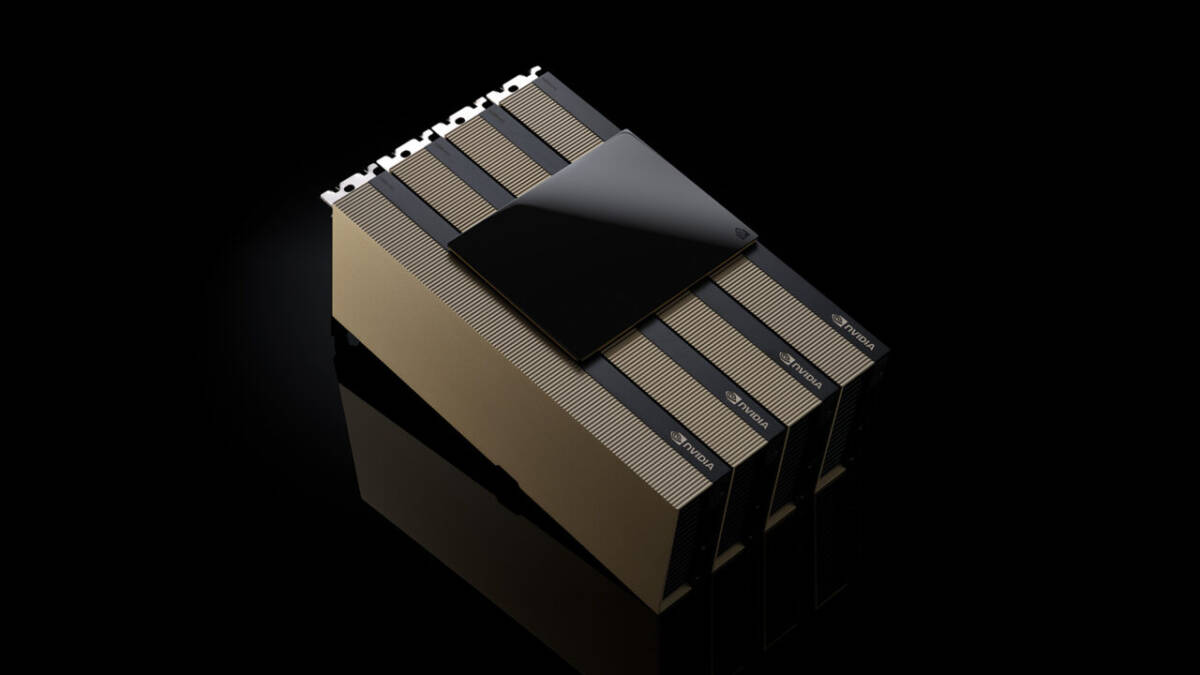Huawei renews HiSilicon leadership and strengthens its position in semiconductors and AI
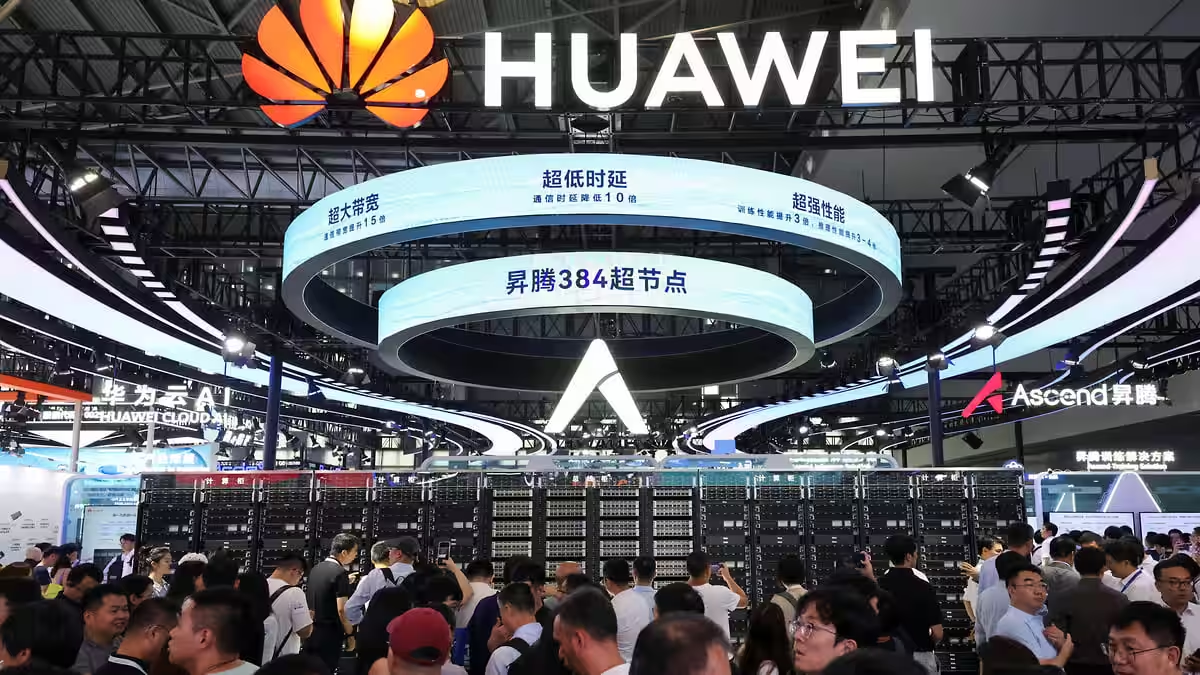
Huawei is making significant leadership changes at its HiSilicon chip division. According to SCMP, Jeffrey Gao, previously head of HiSilicon’s Shanghai division, has been appointed chairman, succeeding Eric Xu, who held the position for many years.
Huawei is making significant changes to the leadership of its chip division.
Eric Xu, a Huawei employee since the company’s founding and a HiSilicon executive since 2008, currently serves as chairman of Huawei’s board of directors. He assumed the role in April and is expected to remain in the role until the end of September.
He has been a Huawei employee since the company’s founding and a HiSilicon executive since 2008.
For those unfamiliar with the term “rotating chairman,” it is one of a company’s top executives who, under a rotating system, leads the company for a six-month term.
A rotating chairman is one of the company’s top executives who serves a six-month term.
As for Jeffrey Gao, he is a graduate of Southeast University in Nanjing, joined Huawei in 2012, working on data and router products. In 2019, he took over as head of the optoelectronics division at HiSilicon. According to corporate documents in China, Gao now also serves as the company’s legal representative, a role previously held by another executive.
According to corporate documents in China, Gao is now also acting as the company’s legal representative.
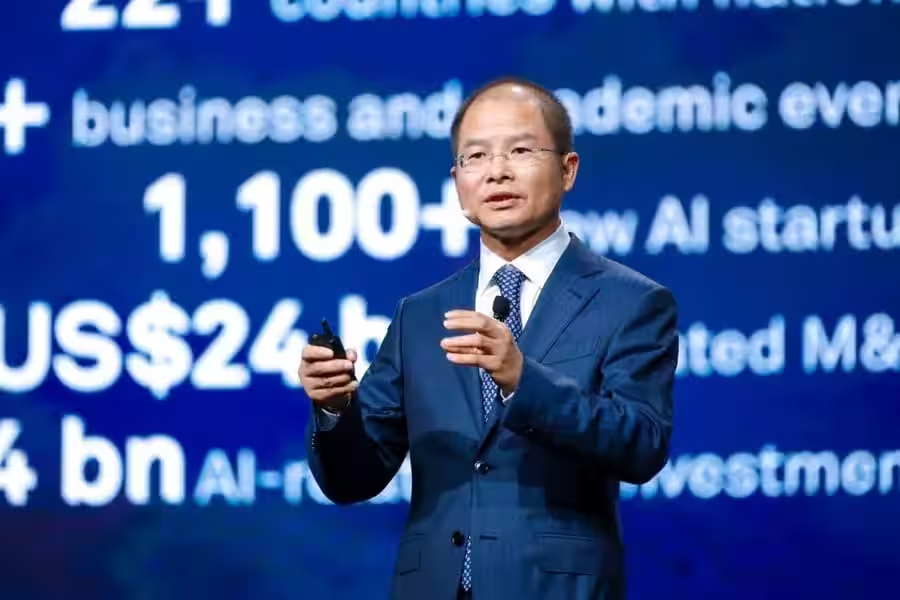
Huawei has not officially disclosed the reasons for the leadership changes. According to the SCMP, it could be due to either the internal tradition of chairman rotation or a realignment of the company’s semiconductor strategy. Either way, HiSilicon is back in the spotlight after a number of years under U.S. sanctions.
HiSilicon is now back in the spotlight after a number of years under U.S. sanctions.
HiSilicon makes Kirin processors for Huawei smartphones, as well as Ascend chips used in artificial intelligence systems and data centers. After a long period of silence, Huawei spoke openly about the Kirin chip (model Kirin 9020) again during the announcement of the foldable Mate XT smartphone in August.
HiSilicon’s Kirin processor is also used in its Ascend smartphones for artificial intelligence and data centers.
In the field of artificial intelligence, the Ascend series of chips has emerged as a national alternative to Nvidia’s solutions, attracting interest from Chinese AI companies such as DeepSeek.

